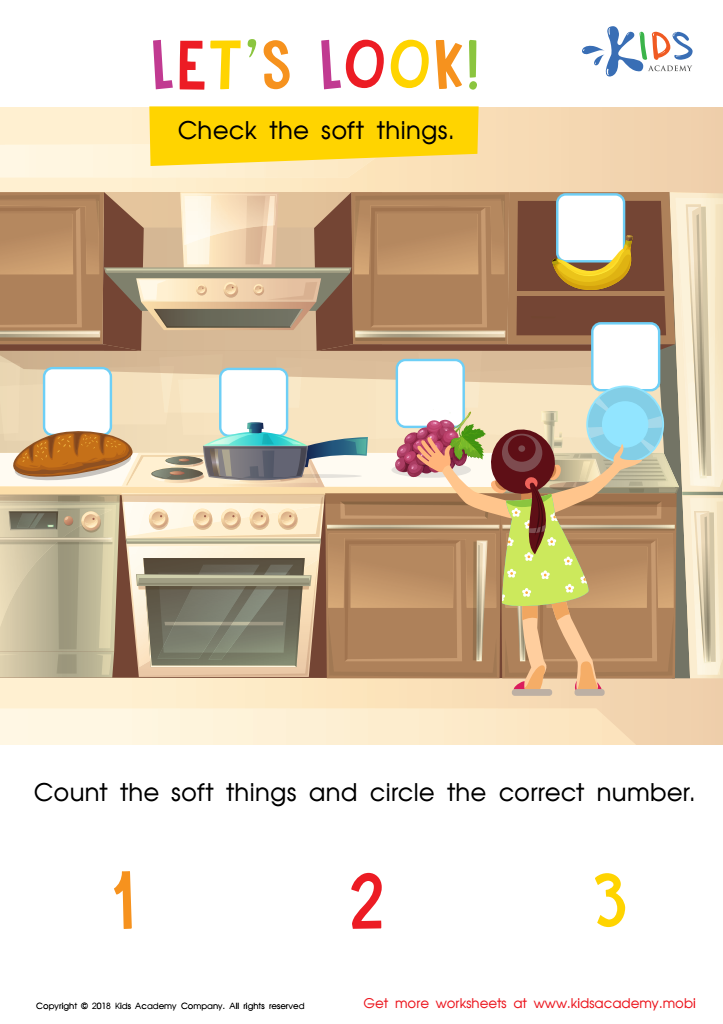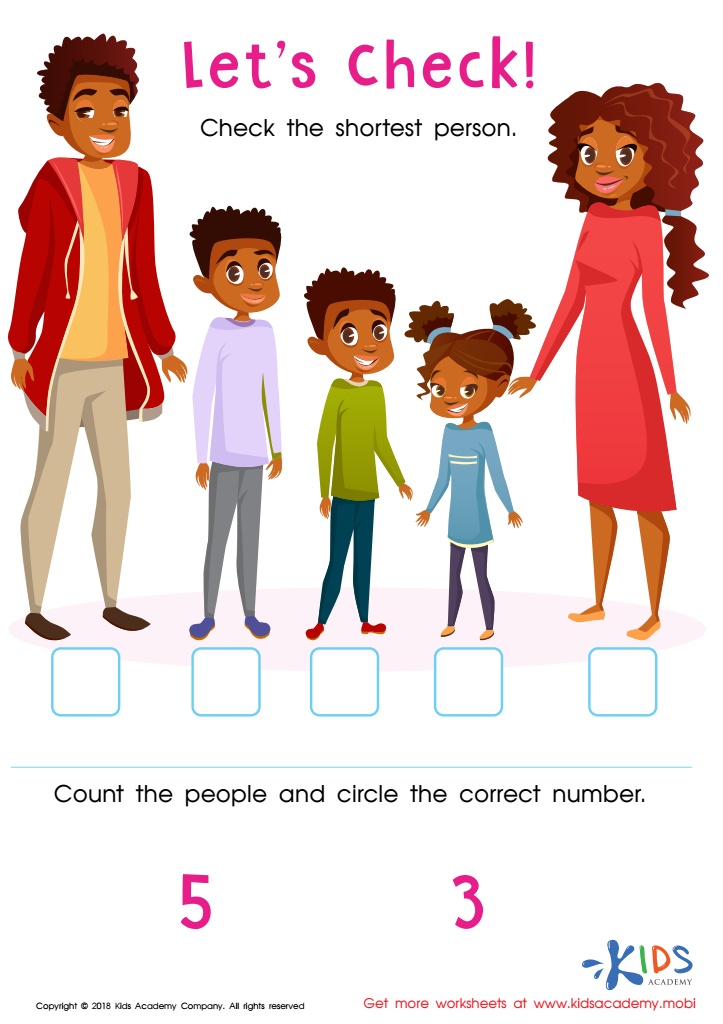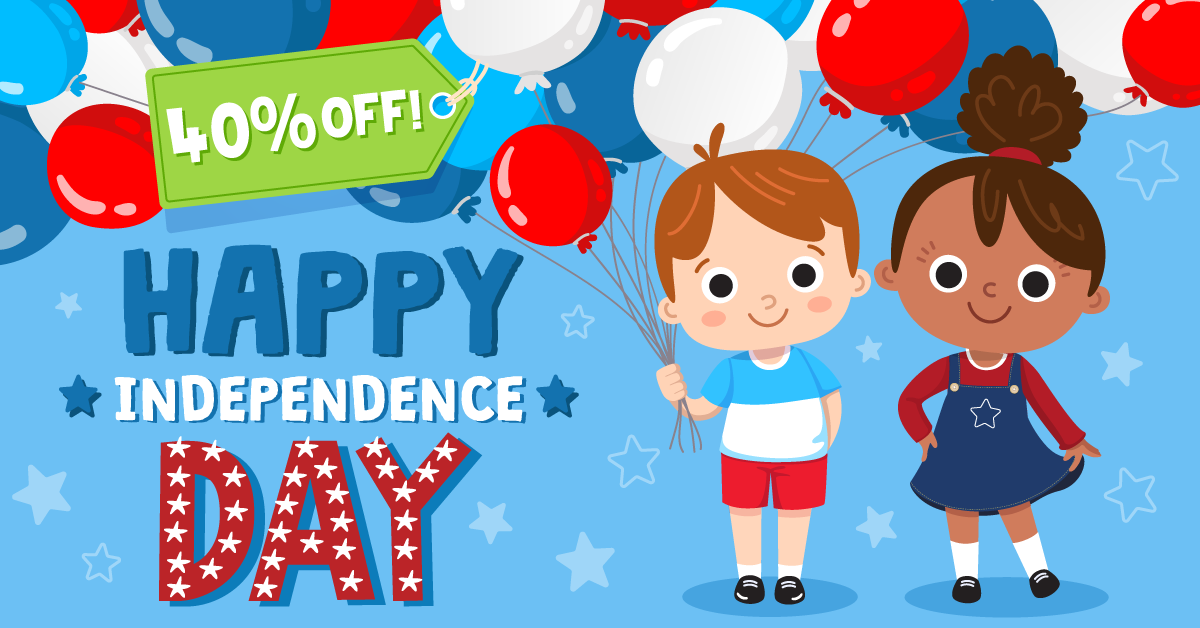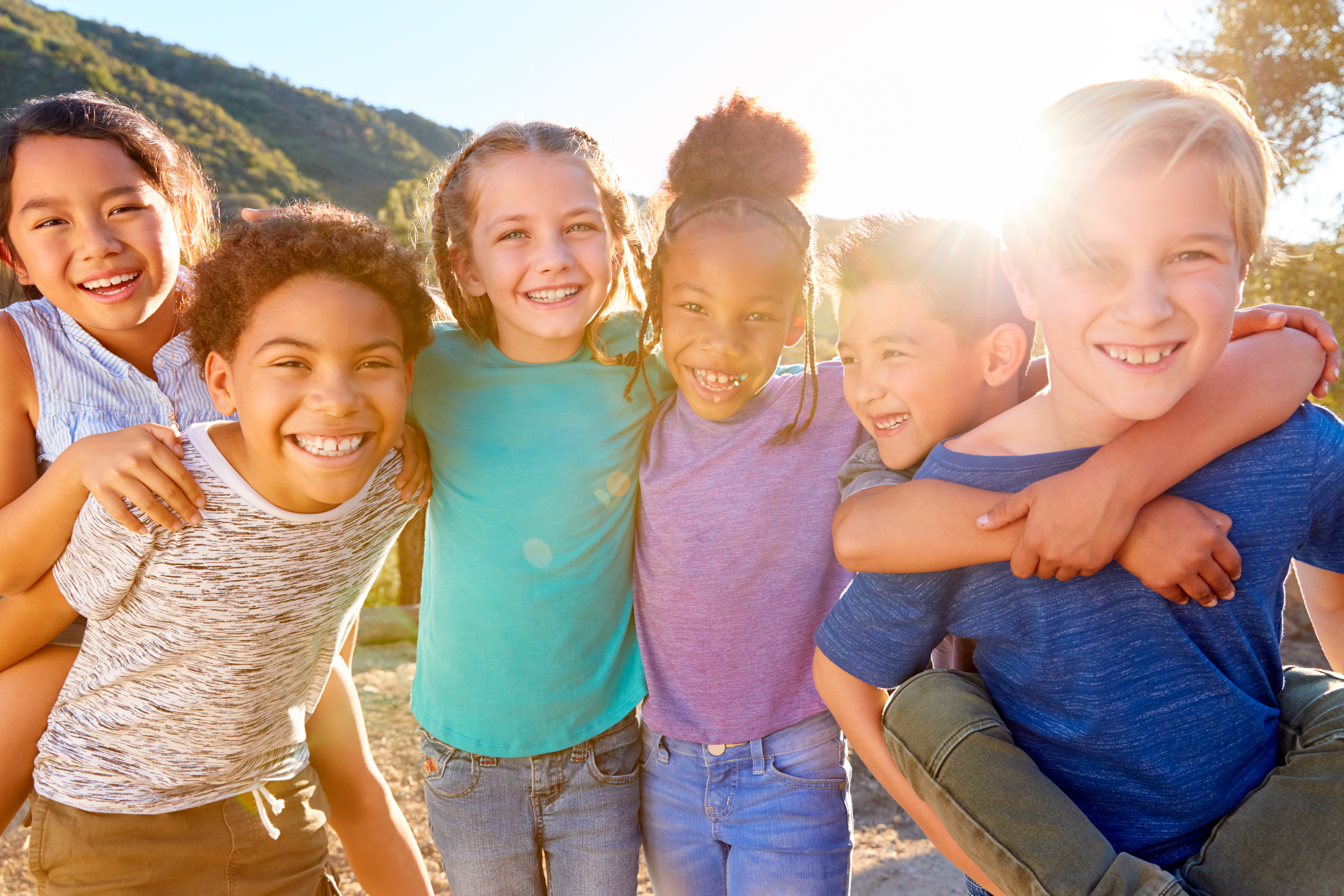Fun and Engaging Printable Worksheets for 3-4 Year Olds: Community Knowledge Activities for Early Learners
2 filtered results
-
From - To


Let's Look! Assessment Worksheet


Let's Check! Assessment Worksheet
Community worksheets activities are an invaluable tool in both educational settings and community-building initiatives. These activities offer a multiplicity of benefits, including fostering a sense of belonging, enhancing social skills, and increasing awareness about the diverse aspects of community life. Let's explore why these activities are so useful.
Firstly, Community worksheets activities serve as an engaging method to introduce individuals, especially children, to the concept of community. By working through these activities, participants learn about the roles and responsibilities of various community members, from firefighters and teachers to local government officials. This not only educates them about how a community functions but also instills a sense of respect and appreciation for those who contribute to its wellbeing.
Moreover, these activities are designed to promote social interaction and cooperation. As participants work together to complete tasks, they develop vital communication and teamwork skills. This collaborative environment allows individuals to share their thoughts and ideas, fostering a sense of unity and belonging. This aspect is particularly beneficial for young learners, as it prepares them for future social settings both in and out of the classroom.
Community worksheets activities also play a crucial role in enhancing empathy and cultural awareness. Through various scenarios and discussions prompted by these worksheets, participants are encouraged to consider different perspectives and understand the diverse backgrounds and experiences of community members. This heightened awareness and empathy contribute to a more inclusive and supportive community environment.
Furthermore, these activities can be tailored to address specific community issues or themes, making them a versatile tool for sparking meaningful conversations about change and improvement within the community. Whether it's environmental conservation, public safety, or cultural celebration, community worksheets activities can help bring these topics to life in a relatable and actionable manner.
In conclusion, Community worksheets activities are a powerful educational and community-building resource. They not only educate individuals about the fabric of community life but also cultivate essential social skills, empathy, and a sense of collective responsibility. Through these activities, participants are better equipped to contribute positively to their communities, making them an indispensable part of community engagement efforts.

 Assign to the classroom
Assign to the classroom












